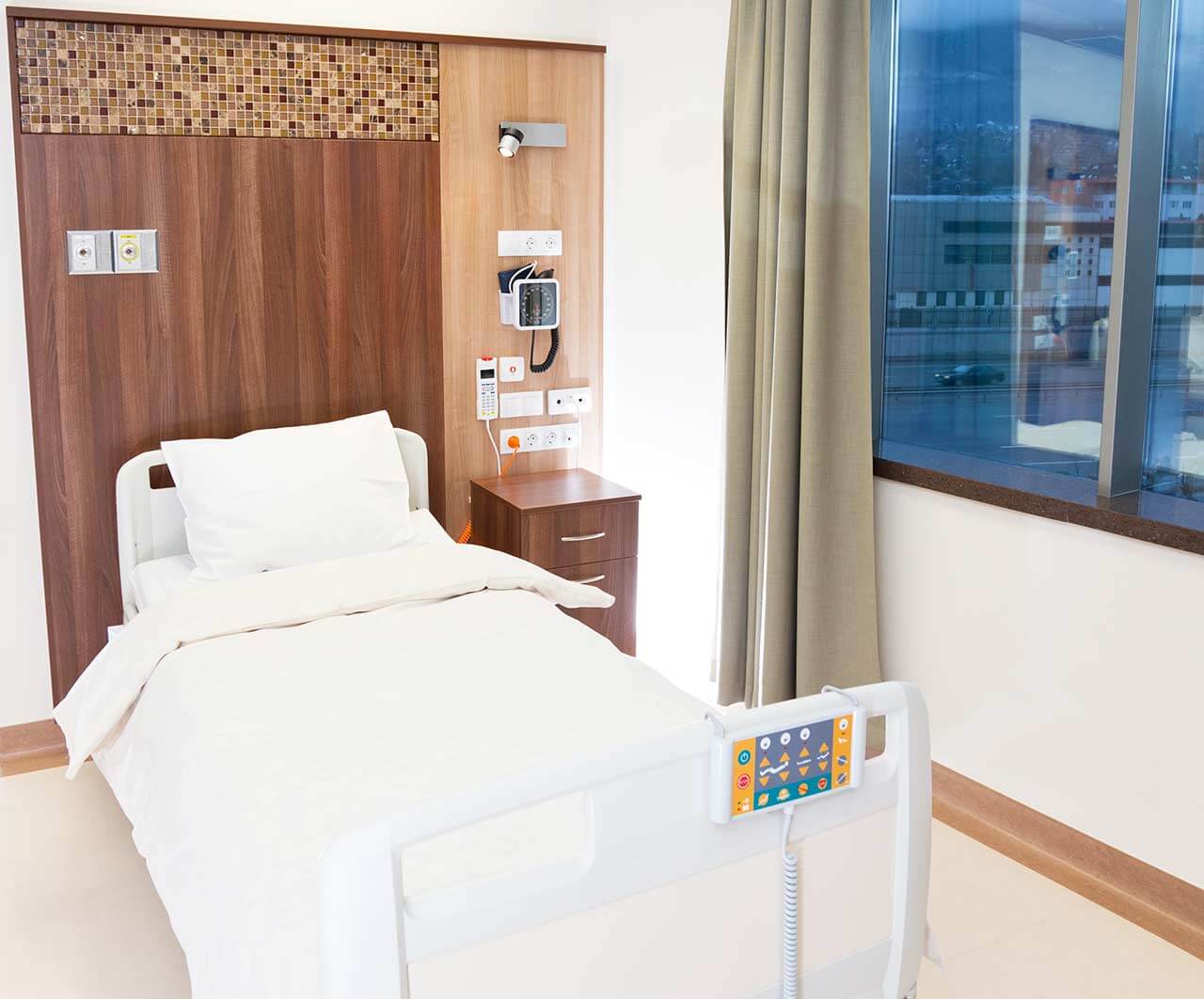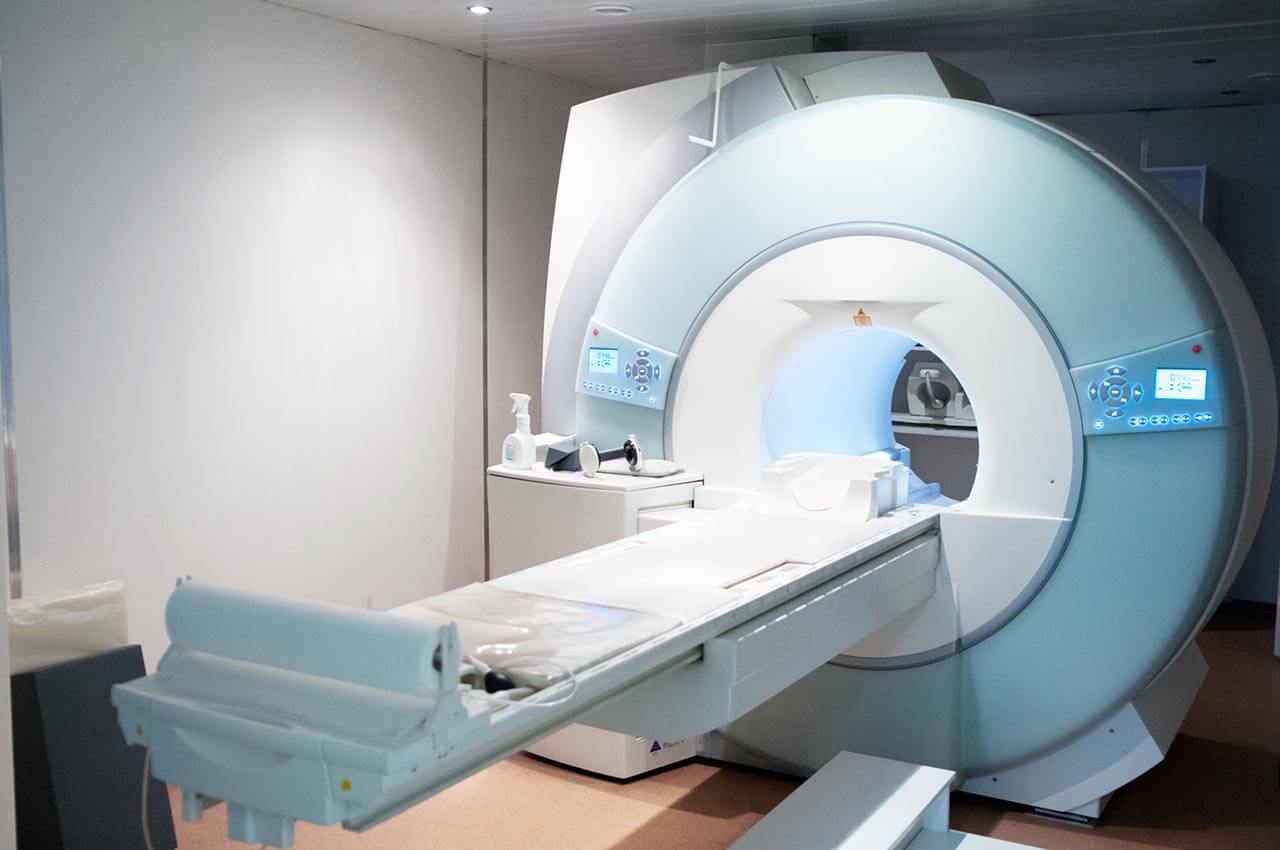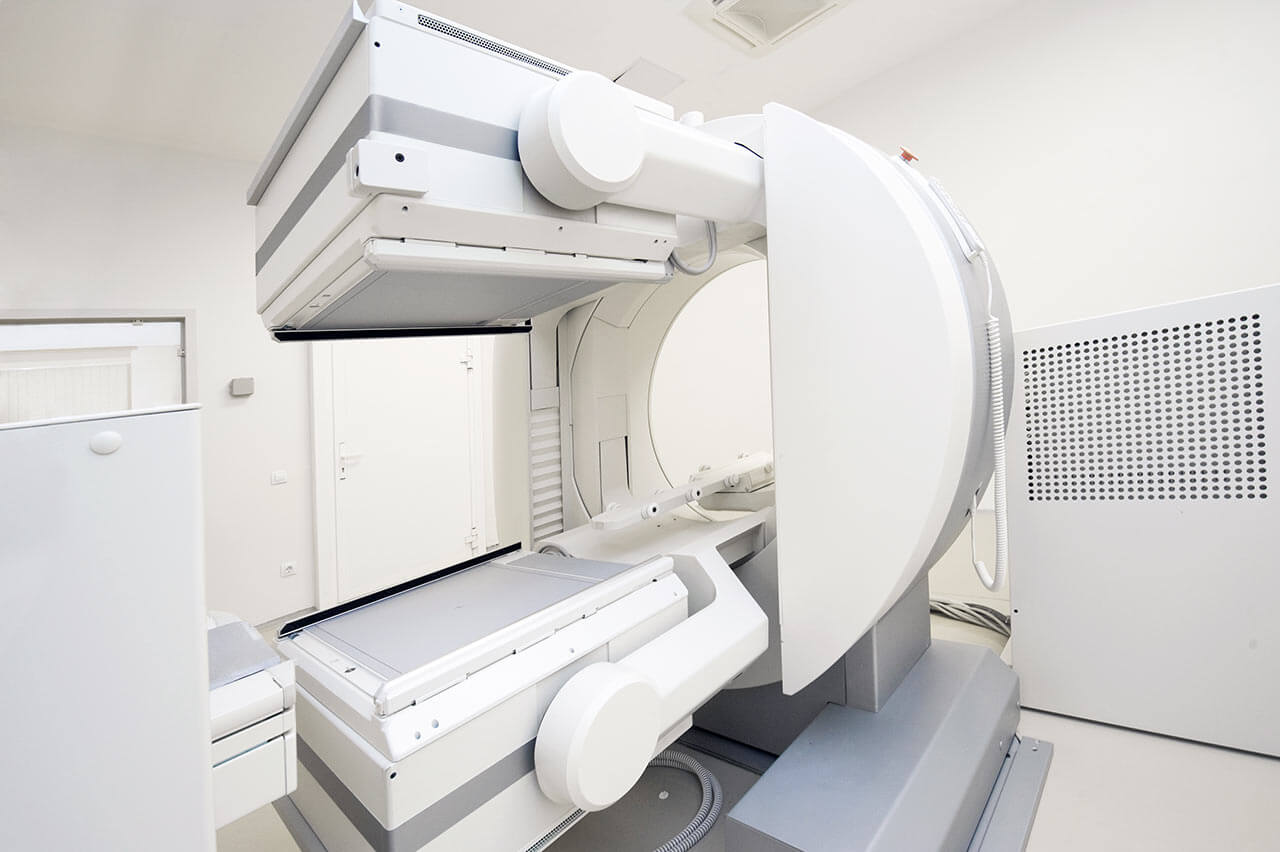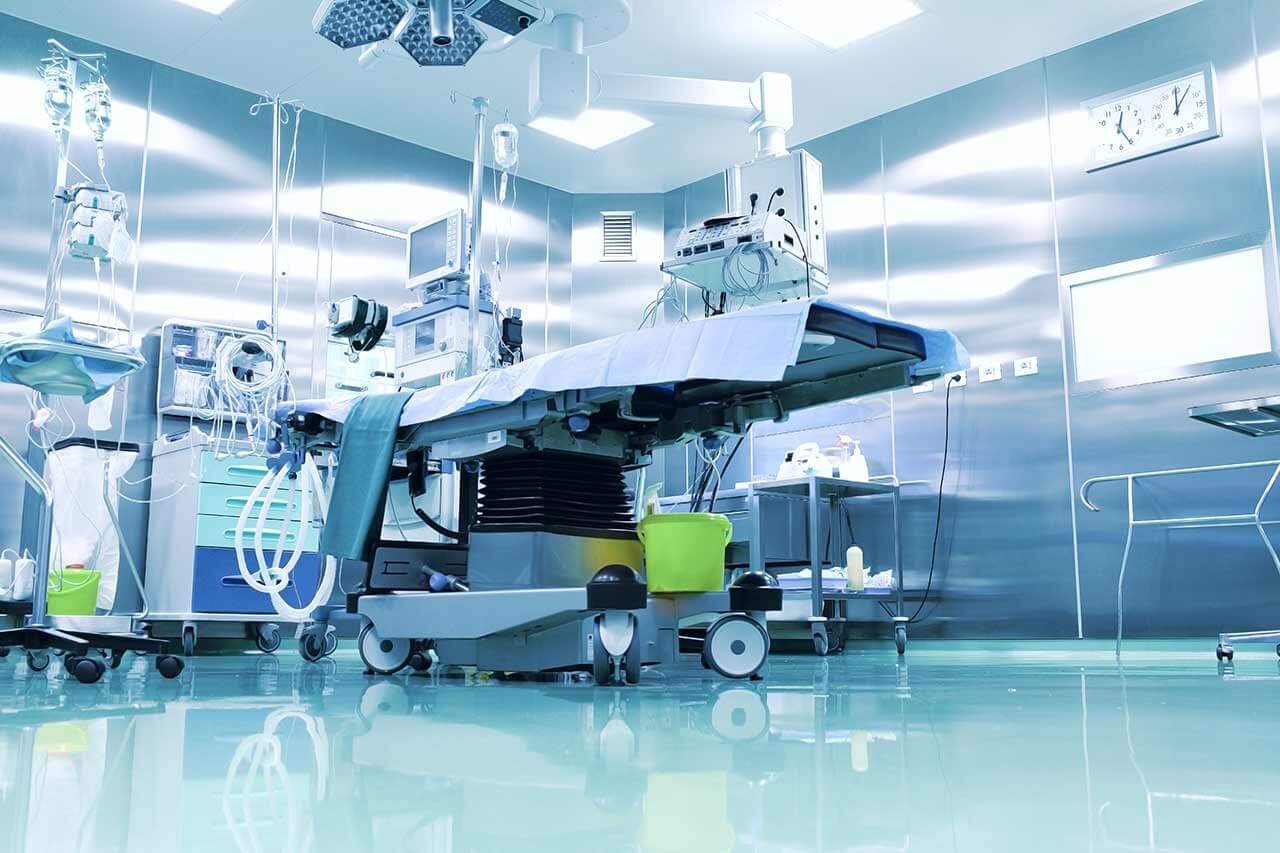
The program includes:
For 2 weeks before birth:
- Initial presentation in the clinic
- clinical history taking
- physical examination
- review of medical records
- laboratory tests:
- complete blood count
- biochemical analysis of blood
- indicators of inflammation (CRP, ESR)
- indicators blood coagulation
- pelvic ultrasound
- gynecological examination:
- transvaginal ultrasound
- colposcopy
- scraping with subsequent analysis
- fetal examination:
- 3 D sonography
- determine fetal position before delivery
- CTG
- nursing services
- treatment by chief physician and all leading experts
- maintaining an obstetrician until birth
Day of birth
- gynecological examination
- fetal examination
- preparation according to preoperative standard
- cesarean section
- symptomatic treatment
- control examinations
- the cost of essential medicines and materials
- nursing services
- full hospital accommodation
- explanation of future recommendations
After birth
- maintaining an obstetrician after birth
- examination during the postnatal period (during the first three weeks)
- control gynecological examinations during the postnatal period
- the first pediatric examination of the newborn
Required documents
- Medical records, obstetric history
Service
You may also book:
 BookingHealth Price from:
BookingHealth Price from:
About the department
According to the Focus magazine, the Department of Obstetrics and Perinatal Medicine at the University Hospital Marburg UKGM ranks among the top German medical facilities specializing in obstetric services!
The department offers patients comprehensive management of pregnancy, childbirth and postpartum care. The department's specialists have rich experience in the field of high-risk pregnancies, multiple pregnancies. About 1,600 babies are born annually in the department, which testifies to the credibility of the medical facility and a high credit of trust from patients. The department is headed by Dr. med. Siegmund Köhler.
The department’s main focus is medical care for women with uncomplicated pregnancy. The purpose of the department's employees is to create a calm and relaxing atmosphere for women during pregnancy, childbirth and the early postpartum period. Due to the high qualification of employees and excellent technical equipment, the department is able to provide competent support and medical care in the case of complications. Non-invasive measures, for example, listening to heart sounds during childbirth through the mother’s abdominal wall are one of the reliable types of childbirth monitoring.
The department has three progressive delivery rooms, three rooms for regular examinations of pregnant women, two rooms for water birth and other special rooms. In addition to childbirth in water, the patients are offered other alternative types of childbirth, for example, vertical childbirth on a special chair, childbirth in a standing position. With appropriate indications, the doctors perform a cesarean section. The specially equipped operating room is also available for this purpose. In order to relieve pain during childbirth, both classical anesthesia methods and alternative types of pain therapy (acupuncture, homeopathic medicines, massage, special breathing techniques) are used.
The service range of the department includes:
- Prenatal diagnostics and therapy
- Ultrasound examinations
- Non-invasive diagnostics of the first trimester (11-14 weeks) for the assessment of risk of chromosomal abnormalities in the fetus, taking into account mother's age, blood counts, as well as other parameters (for example, blood flow assessment)
- Examinations for the exclusion of bone malformations and fetal growth control
- Fetal echocardiography (cardiac ultrasound)
- Fetal growth control and Doppler ultrasound (umbilical and placental blood flow assessment)
- 3D ultrasound examination
- Invasive diagnostics
- Amniocentesis (amniotic fluid testing)
- Chorionic villus sampling
- Cordocentesis (cord blood testing)
- Amniotic drainage (removal of excess amniotic fluid)
- Intrauterine interventions (all types of therapy in the womb)
- Punctures
- Drainage placement
- Intrauterine fetal blood transfusion
- Ultrasound examinations
- Ultrasound diagnostics
- Ultrasound examinations of the first, second and third trimesters
- Doppler ultrasound (blood flow testing)
- Fetal echocardiography
- 3D ultrasound
- Control examinations in case of high-risk pregnancy
- Сhildbirth (including alternative types of childbirth) and postpartum care for mother and child
- Pain therapy during childbirth (classic and alternative methods)
- Other medical services
Photo of the doctor: (c) UKGM - Universitätsklinikum Gießen und Marburg GmbH
About hospital
The University Hospital Marburg UKGM offers patients modern diagnostics and comprehensive therapy at the international level. As a maximum care hospital, the medical facility specializes in all fields of modern medicine ranging from ophthalmology to traumatology and dentistry. The main areas of specialization of the hospital are surgery, neurosurgery, oncology, nephrology with kidney transplantation and children's medicine.
The hospital is the third largest in Germany. Every year, more than 436,000 patients are treated in two locations of the hospital (Giessen and Marburg): 342,000 in outpatient and 94,000 inpatient settings. The medical facility is the first privatized university hospital in the country.
The hospital staff makes a significant contribution to the development of research activities at the Faculty of Medicine of the Justus Liebig University Giessen and the Philipps University of Marburg. To develop new diagnostic and therapeutic methods, as well as to implement them into clinical practice, the specialists maintain active cooperation in a large number of areas.
The widest range of diagnostic and therapeutic services, the advanced infrastructure and technical base, high quality of treatment and professionalism of health workers contribute to the fact that the medical facility has an excellent reputation not only in Germany, but also far beyond its borders.
Photo: (c) depositphotos
Accommodation in hospital
Patients rooms
The patients of the University Hospital Marburg UKGM live in comfortable single and double rooms made in a modern design and light colors. Each room has an ensuite bathroom with shower and toilet. The pediatric departments provide patient rooms for the joint accommodation of mother and child. The standard room furnishing includes an automatically adjustable bed, bedside table, wardrobe, TV, telephone.
Meals and Menus
The patients of the hospital are offered balanced, healthy three meals a day: buffet breakfast, lunch and dinner. The private kitchen, certified according to DIN EN ISO 9001: 2000, is responsible for providing patients with food and drinks.
If for some reason you do not eat all foods, you will be offered an individual menu. The hospital also has a cafeteria with a large assortment of hot and cold drinks, snacks and desserts.
Further details
Standard rooms include:
Television
All patient rooms are equipped with TV sets. If you have some questions about TV use, please contact medical personnel.
Religion
Religious services can be provided upon request.
Accompanying person
During an inpatient program, an accompanying person can stay with you in a patient room or in a hotel of your choice.
Hotel
During the outpatient program, you can stay at the hotel of your choice. Our managers will help you choose the most suitable option.






